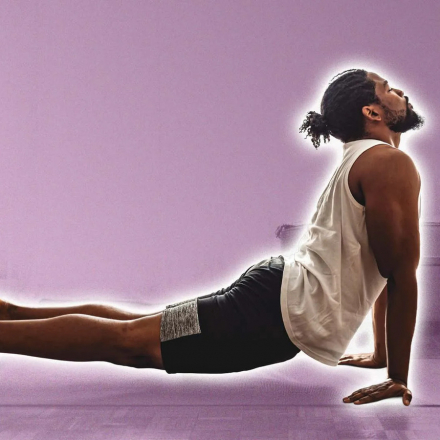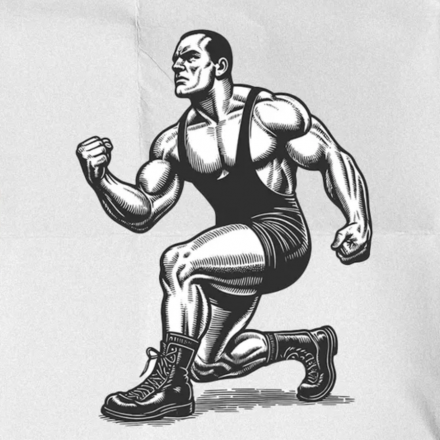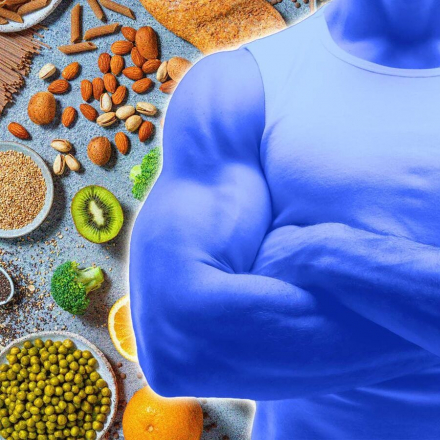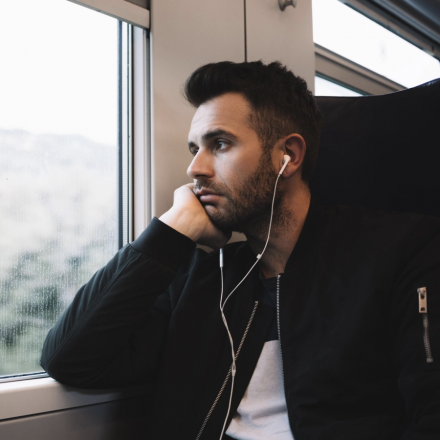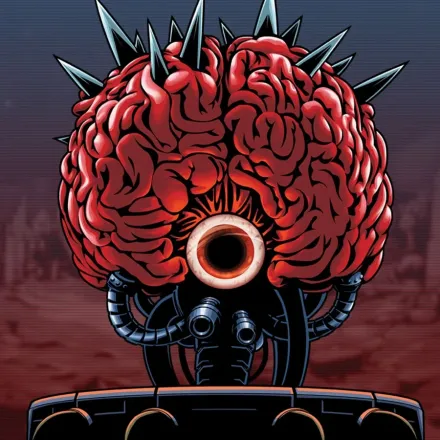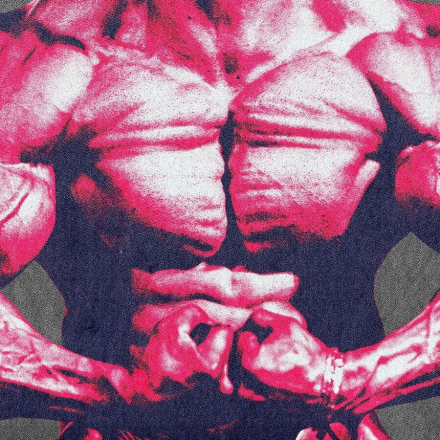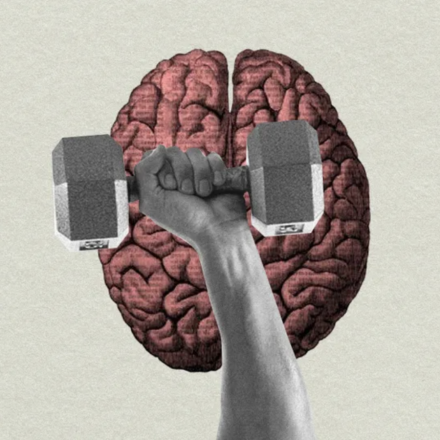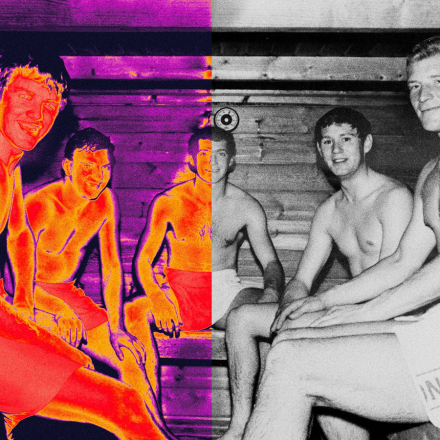Caffeine is the fuel for many men, especially when it’s time to wake up and get to work. Morning coffee, energy drinks during long trips, or a strong espresso before a workout are habits that help keep the pace. But sometimes, that “wake-up cup” turns into a source of problems. Here are 6 clear signs you’ve had too much caffeine—and what you can do to stay in control.
You’re feeling nervous and irritable
If you start shaking, feeling anxious, or irritated after coffee, that’s a warning sign. Caffeine blocks fatigue and at the same time triggers adrenaline release, putting your body into “fight or flight” mode. Trembling hands, a racing heart, and blood pressure spikes aren’t signs of energy—they’re stress. To calm your nerves, try swapping your afternoon coffee for herbal tea or warm cocoa—gently and without sudden changes.
You need to pee often
Caffeine is a powerful diuretic, especially in energy drinks where its concentration is very high. That means you might find yourself running to the bathroom too often, which can be inconvenient and draining. Acids in coffee can irritate your gut and cause sudden urges. Tip: switch to dark roast coffee with lower acidity and don’t drink coffee on an empty stomach—a snack will slow down the process.
You’re sleeping poorly and feeling tired
If afternoon coffee makes it hard to fall asleep, but skipping it leaves you feeling wiped out, your circadian rhythm is off. Caffeine disrupts your internal biological clock. The best fix? Don’t drink coffee after 4 PM. It’ll be tough at first, but your sleep will improve and mornings will feel more energized.
You suffer from headaches
Caffeine initially helps relieve headaches by narrowing blood vessels. But when the effect wears off, the vessels expand even more—and the pain returns. Regular caffeine consumption makes your body dependent, so that morning cup becomes necessary to avoid withdrawal symptoms. The solution: gradually reduce your intake and consider caffeine detoxes for a few days.
You get heartburn and stomach discomfort
Caffeine stimulates stomach acid production and increases acidity—a double burden on your stomach. Drinking coffee quickly on an empty stomach is a sure way to get heartburn and a heavy feeling in your gut. To avoid this, don’t drink coffee on an empty stomach, choose dark roast, add milk, or try cold brew coffee which tends to be less acidic.
You’re thirsty and have a dry mouth
Caffeine blocks the hormone that helps your body retain water, so coffee isn’t just liquid—it’s also a diuretic. Instead of hydrating, your body loses fluid, causing dry mouth, mild dizziness, and headaches. The simple rule: drink a glass of water for every cup of coffee, especially if you’re active or it’s hot outside.






